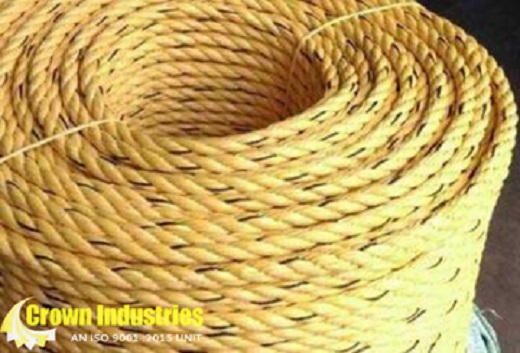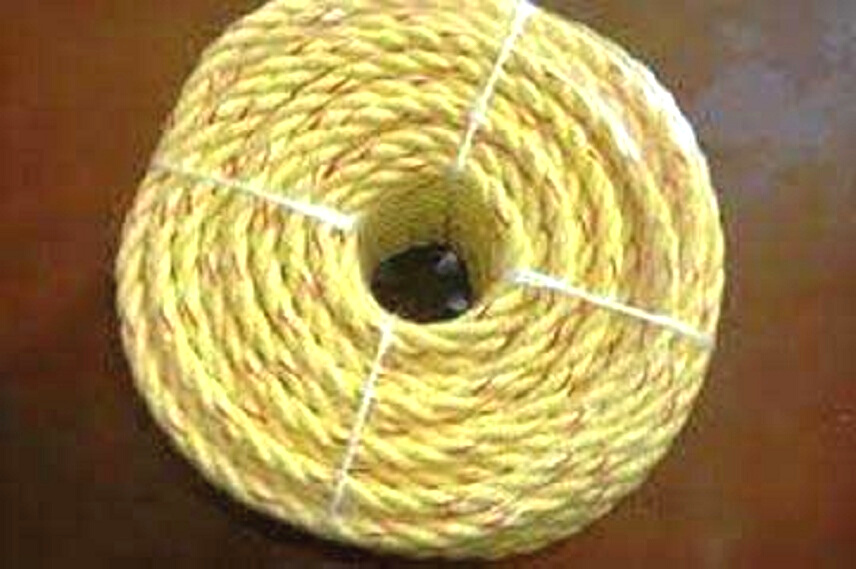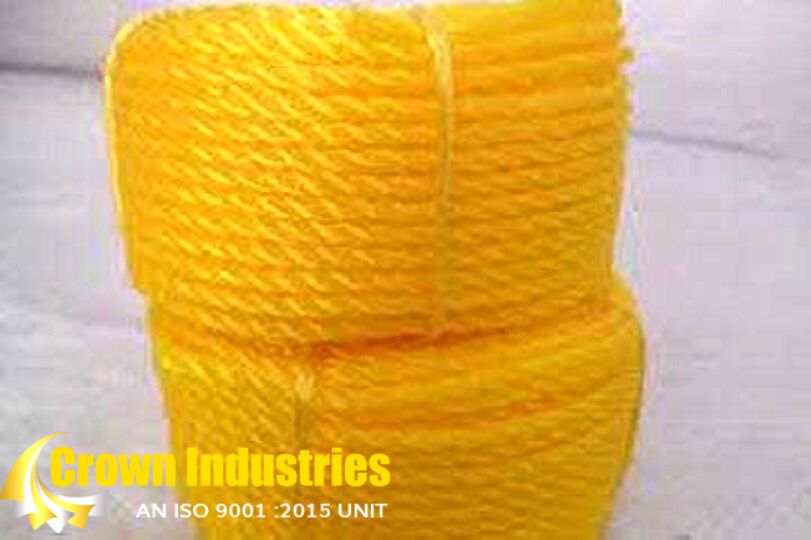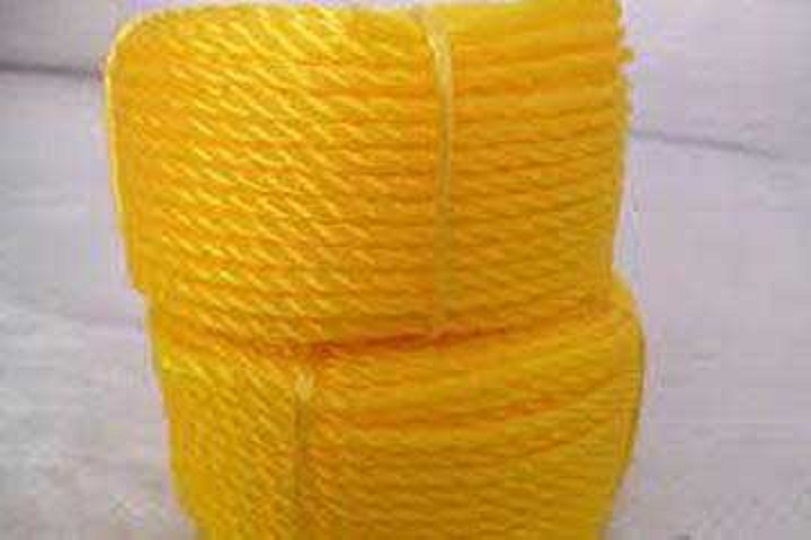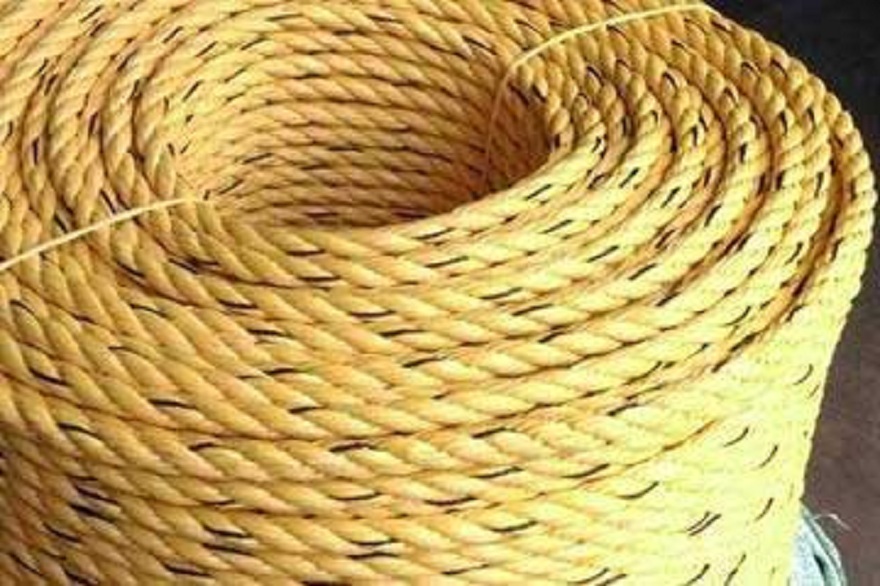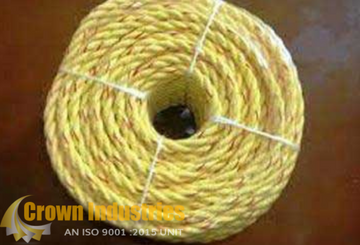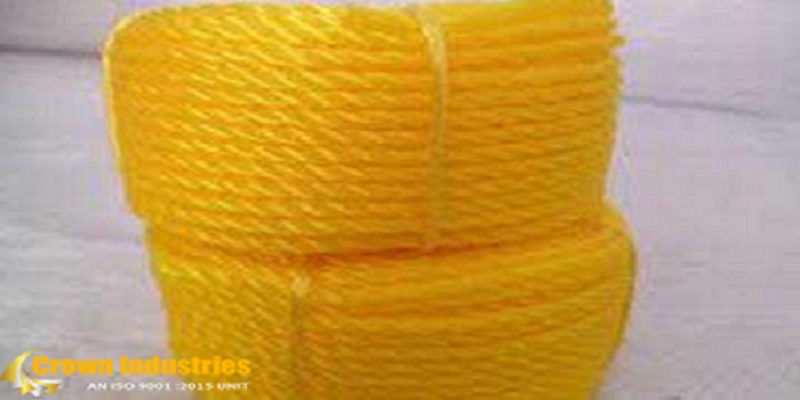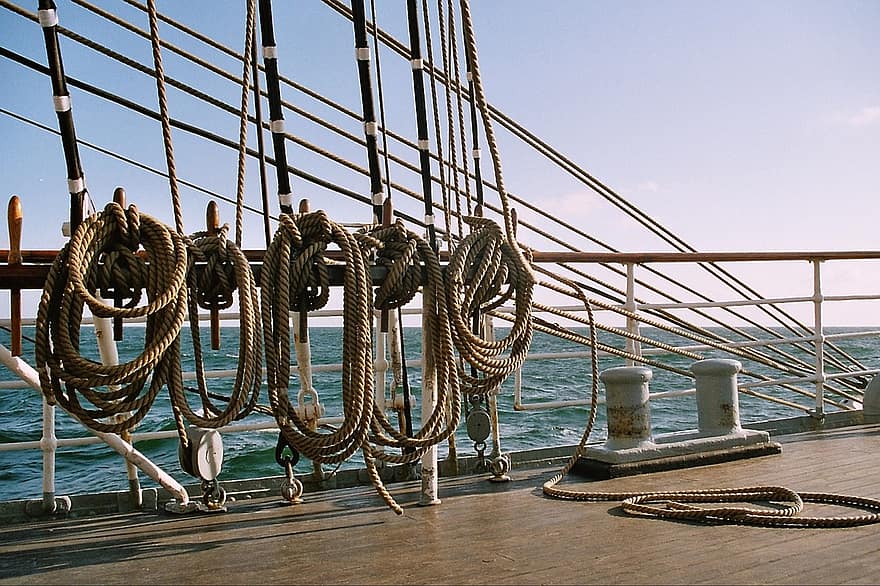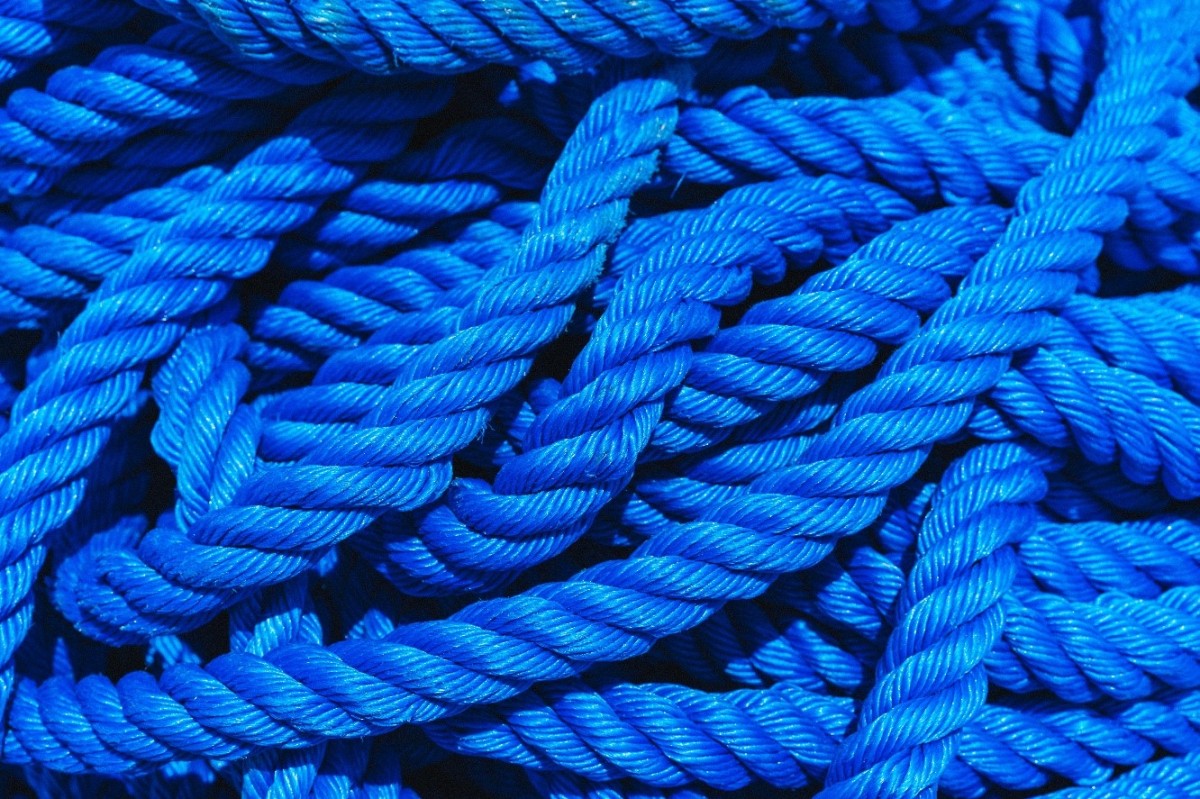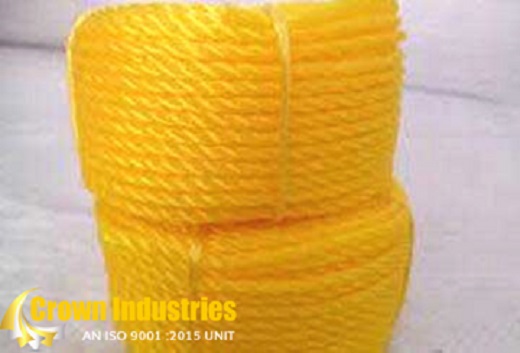
Did you notice the use of blue-coloured ropes underwater for boats or other purposes? They are commonly known as polypropylene ropes. Polypropylene is a type of hard polymer which is resistant to glue and all types of solvents. Moreover, it has a higher melting point and is very much resistant to heat and friction. You might have seen the use of polypropylene ropes around boats, ships and fishing companies. They are durable and strong and do not wear out easily.
Most polypropylene rope suppliers, like Crown Industries, produce the best quality polypropylene ropes for commercial customers. To know more about the advantages of using the same, read on.
What are the benefits of using polypropylene ropes?
Strong and durable
Polypropylene is a robust form of plastic; hence, the ropes produced out of the same are strong, durable, and robust. Hence you can use them to tie boats to the hangers safely. They don’t splinter while they are being used. Even if you use the rope frequently or tie things tightly, the ropes won’t splinter during use; they last for years without showing any signs of wear and tear. Hence, they are worth every penny.
Water floating capacity
Water generally has a specific gravity of 1, whereas polypropylene ropes have a gravity of around 0.91. Hence, the ropes float on the water and are visible. Moreover, when they get wet, they swell and become bigger. That’s why you will find these ropes in water-based applications like sailing, boating and fishing. Even when the water is dark at night, these ropes can be easily spotted since they float on the surface.
Easy to use
Although these ropes are strong, they are lightweight and easy to carry. They have a smooth texture and don’t cause any irritation on the user’s skin. They have an excellent capacity for holding the knots together. Hence, they are preferred by people dealing in water-based activities. They are, in simple words, highly user-friendly.
Rot-resistant
The major reason behind using polypropylene ropes is that they are rot-resistant. Hence, even if you keep these ropes in water for a long time, you will not find any acid, mould or mildew on the rope’s surface. Hence they can be used effectively in damp conditions as well. These ropes are resistant to rots and will not get damaged easily.

